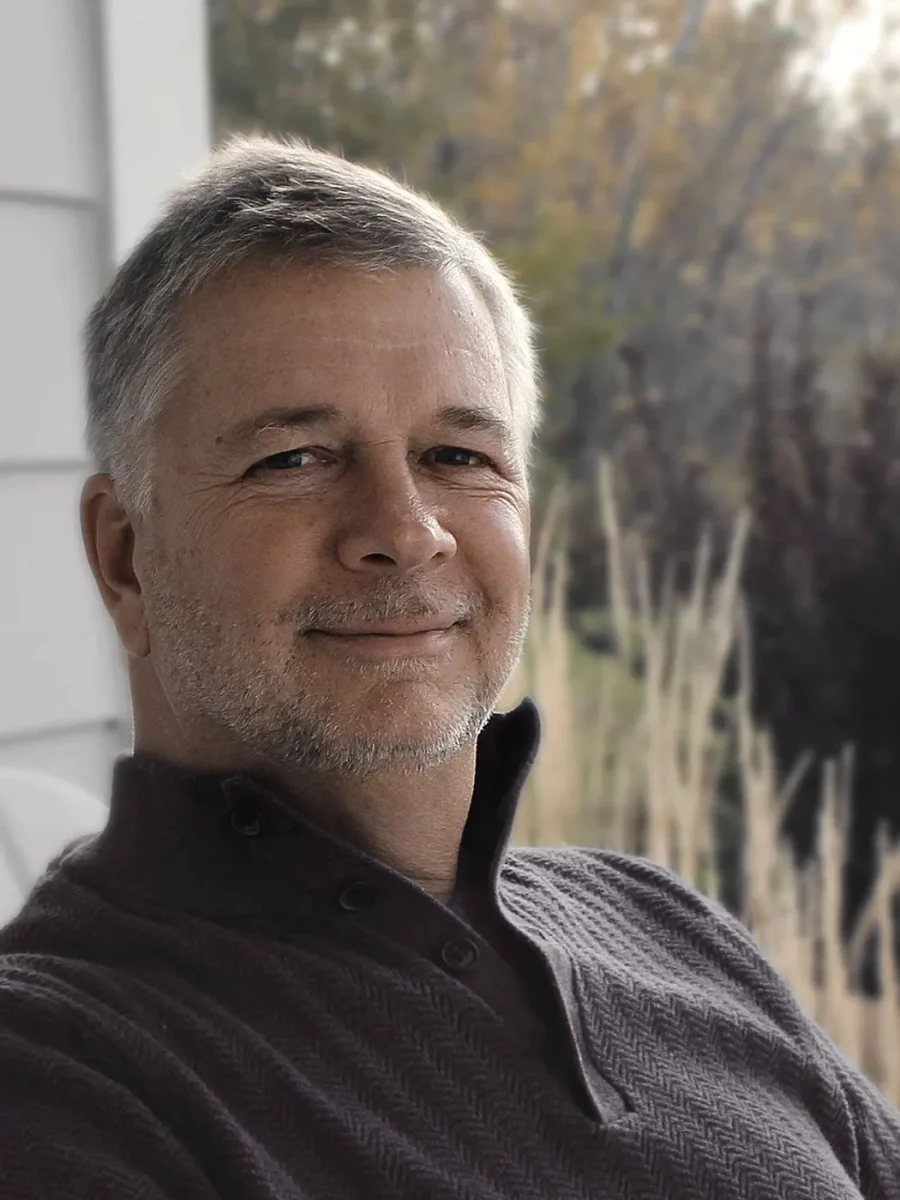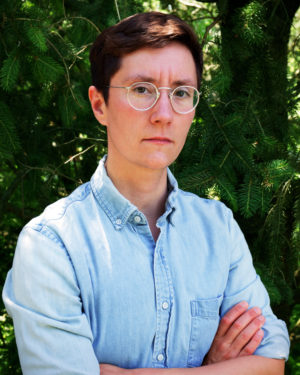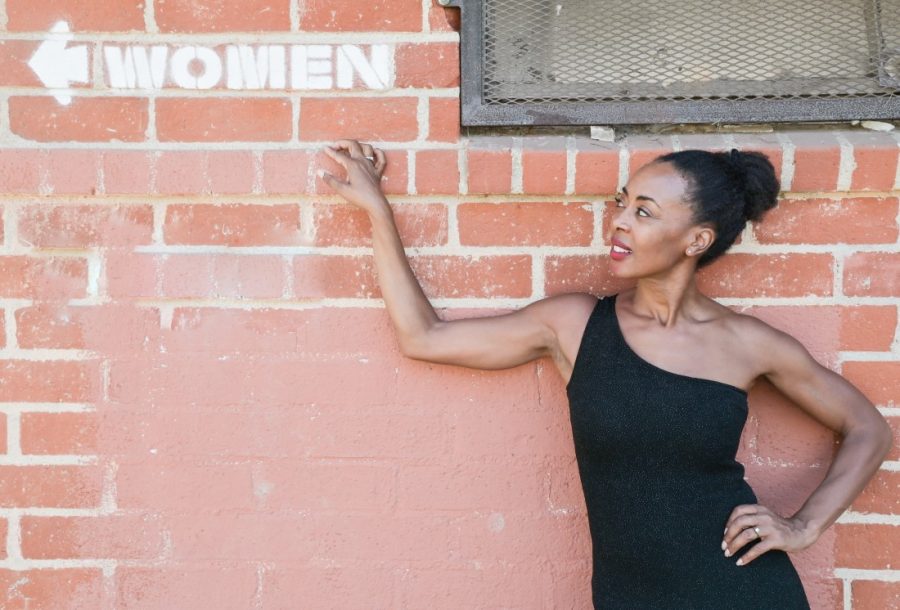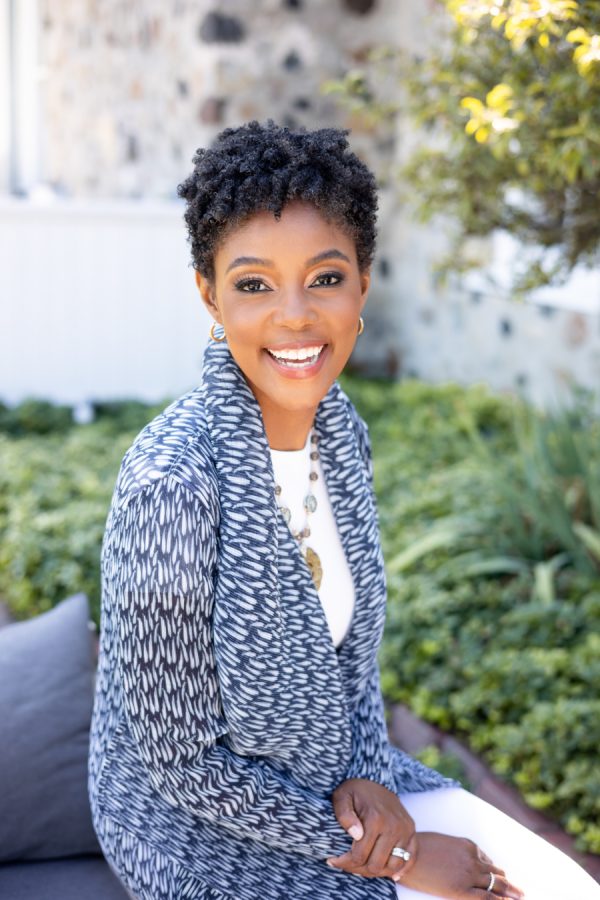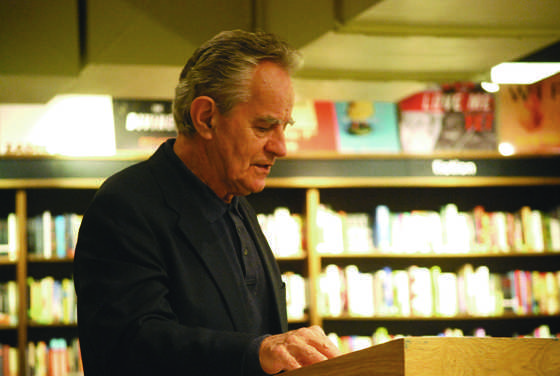
Shauna Singh Baldwin, winner of the Commonwealth Writers Prize for Best Book and the Friends of American Writers Prize and a Marquette alumna, is holding an event at Boswell Books Friday at 7 p.m. to promote her latest novel, “The Selector of Souls.”
Born in Canada, Baldwin publishes her novels in her home country, and Boswell Books is one of the few bookstores in the United States that imports the novel for American readers. A second event will be held at Elm Grove Library on Nov. 13.
The event will start with an interview with Baldwin, and the focus will then shift to her latest book and questions from the audience.
“I’ll do a reading from the book so that you get a sense of the different voices in the book,” Baldwin explained. “It’s very important to hear the different accents and hear the different funny ways of talking so that you can hear those voices as you read the book.”
Baldwin, who received her MBA from Marquette in 1983, strongly encourages all Marquette students to attend, as college is a time in life when young adults choose the path they want to travel in life. “The Selector of Souls” addresses this issue as a main theme.
“I think we all make moral choices at every moment in our life, and we are all looking for ways in which to think about alternatives and options,” Baldwin said. “It’s only when you think there is no hope, or there are no other ways of looking at things, that you believe that you have to follow exactly what path is laid out for you. This is a book that tells you about different paths that are possible if you just think about alternatives.”
“The Selector of Souls” is a story about two Indian women, Damini of India and Sister Anu. Damini commits a “terrible crime” in the beginning of the novel “and the rest of the novel brings you into her world to understand the crime and how she can balance her karma,” Baldwin said. The lives of these two women cross when Sister Anu opens a clinic in Damini’s village.
The novel deals with the idea that everyone has a masculine and feminine side.
“It’s about the discrimination against the feminine, the symptoms of aversion to the feminine and all the actions and attitudes that we associate with compassion, altruism, empathizing, nurturing and connection with the feminine,” Baldwin said. “In a rapidly masculinizing world, they are considered weakness, but each of us has a feminine side, whether male or female, and you just have to decide which side of yourself to encourage at every moment.”
The novel is set in the 1990s, a time when India is liberalizing, globalizing and, according to Baldwin, masculinizing.
“There are about 3.1 million girls missing in the time period that I am writing about,” Baldwin said. “Sons and brothers became insufferably spoiled, nationalism ruled and the country went nuclear. Some people want to know why that’s a problem. War against our feminine nation begins when our sons and brothers and the masculine are preferred. So you can call it a war on compassion and empathy and connection because without these, you just get pessimism, and the world becomes homogenous and you get refinery in thinking.”
Baldwin also pointed to various systems of thinking and how they interact as a main theme of the novel. She said it is about pointing out the absurdities and cultural ignorance that people hold against one another. Baldwin also discussed existing traditions and how they affect people.
In “The Selector of Souls,” the religious conflict is between Hindu fundamentalists and Christians. This novel fits in with other pieces she has written in that they all examine different religious conflicts, whether it be Sikhs and Muslims, Muslims and Christians, or Jews and Christians.
“I’m looking at different religious systems and seeing how they collide and how we can understand each other better,” Baldwin said.
Baldwin, who had Catholic schooling for 17 years – including Marquette – incorporated what she has learned from those years in the novel. Both praise and criticism of the Catholic Church can be found in the novel.
“My admiration for the Jesuits and for the nuns who I have been taught by over the years, and for the Catholics who have done so much for work on social justice, definitely has entered into the novel,” Baldwin said. “You can feel it with the writing that the admiration is there, also with the understanding that that world view has also done damage at the same time out of ignorance.”
Baldwin’s writing process is unique and somewhat fragmented. Using images from her mind and voices in her head, she is able to start constructing her story.
“Characters seem to come to me by talking to me in voices,” Baldwin explained. “That’s part of the creative act: bringing these images and voices down to the page and actually bringing something to life from it.”
Baldwin does some outlining, but she notes she never seems to follow it, using the analogy of student writing an academic paper who starts with one idea and ends up with a completely different one.
“I certainly did not start wanting to write about these two women,” Baldwin said. “I began wanting to write about two women, one in Canada, and one in India, but I ended up writing about two women in India.”
Baldwin acknowledges that outlining helps to an extent, but at a certain point, authors need to distance themselves from the outline and let their ideas flow.
“You have to back away from the text and ask what the text wants to be, and that’s just like bringing a child into the world,” Baldwin said. “At a certain point, you expect your parents to back off and ask what you want to be. So it’s the same kind of thing, where you need to take a look at it halfway through and ask, ‘What is this essay really about? What am I really trying to get to?’”


